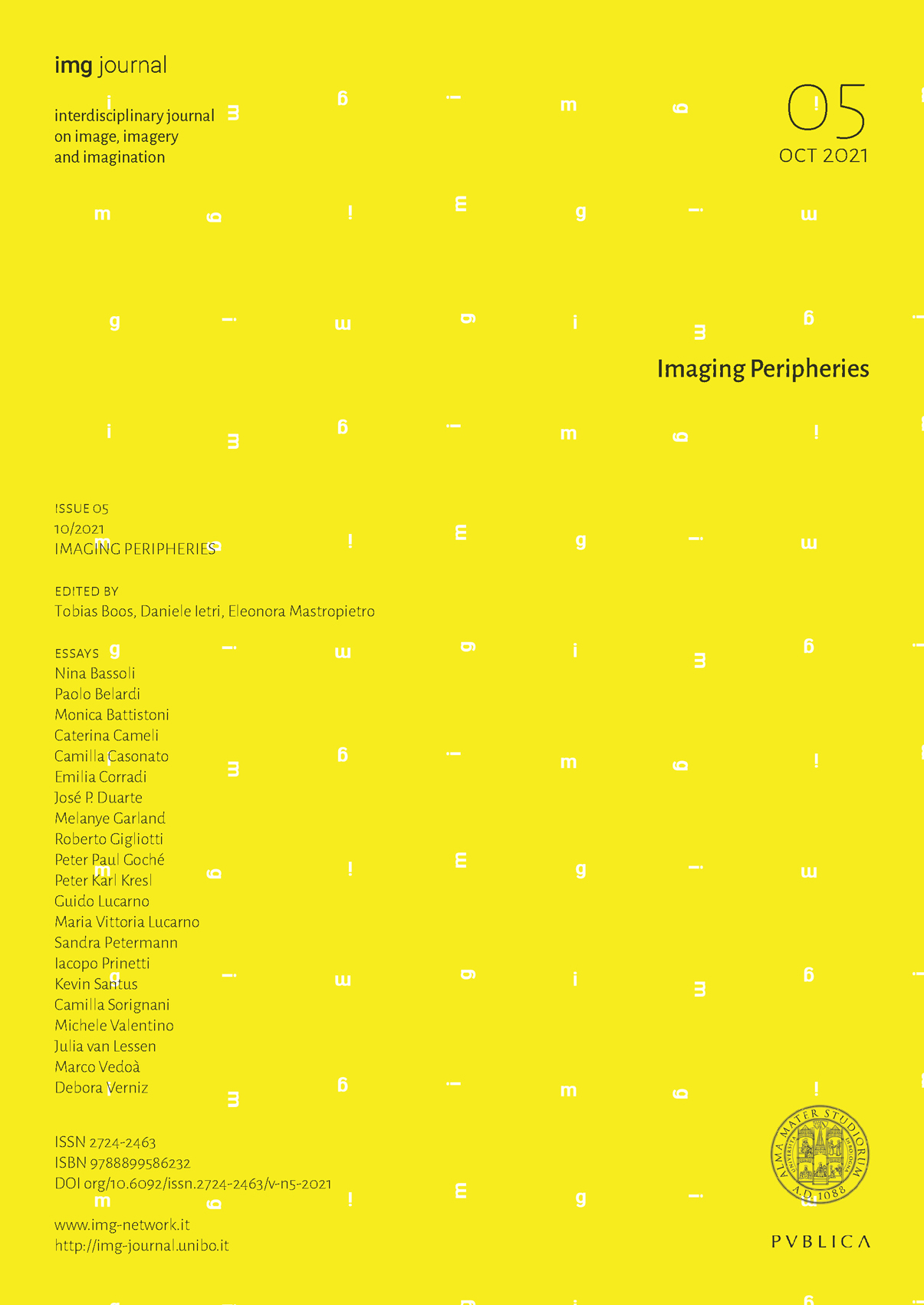A Computational Strategy to Plan Housing Settlements: the Case of Santa Marta
DOI:
https://doi.org/10.6092/issn.2724-2463/12810Keywords:
shape grammars, grammatical transformations, informal settlements, housing settlements, housing quality assessmentAbstract
The world is becoming more urbanized and the exponential population growth places an enormous pressure in cities. This intense urbanization gives rise to innumerous urban problems, especially when stakeholders are not able to construct sufficient buildings and infrastructure. Informal settlements emerge in this context as a self-constructed solution for housing. This research presented, proposes a computational strategy to the planning of affordable housing settlements, based on the model of favelas, and developing rules to replicate their positive characteristics while avoiding their flaws. Santa Marta favela, an iconic informal settlement in Rio de Janeiro, is the case study for this research. The research encompasses six steps: (1) data collection and modeling of the case study; (2) generating the grammar-based analytical computational model; (3) assessing the case study; (4) revising the analytical model to propose a synthetic computational model to generate favela-like settlements; and (5) validating the synthetic model. This paper focuses on steps four and five of the research by presenting the computational strategy developed to generate the synthetic grammar. This strategy contributes for the theory of shape grammars by extending the concept of grammatical transformations.
Downloads
Published
How to Cite
Issue
Section
License
Copyright (c) 2022 Debora Verniz, José P Duarte

This work is licensed under a Creative Commons Attribution 4.0 International License.





